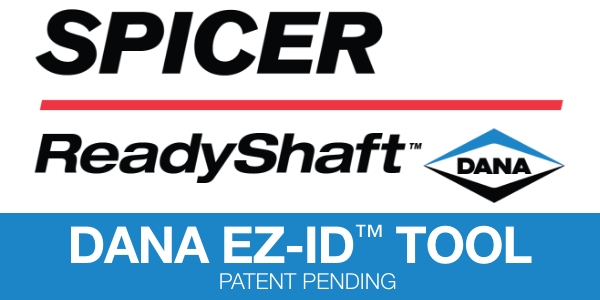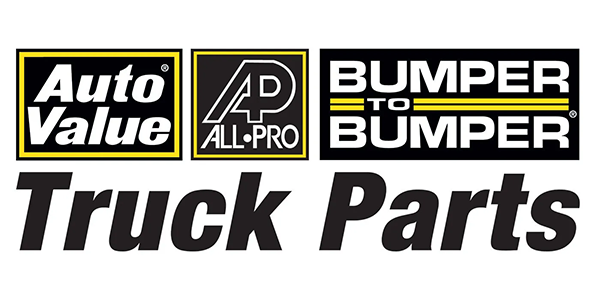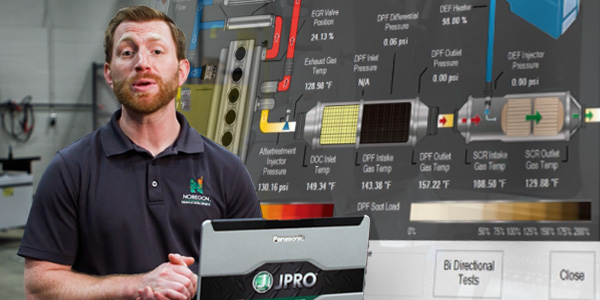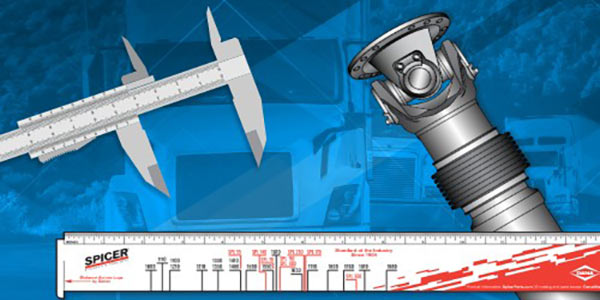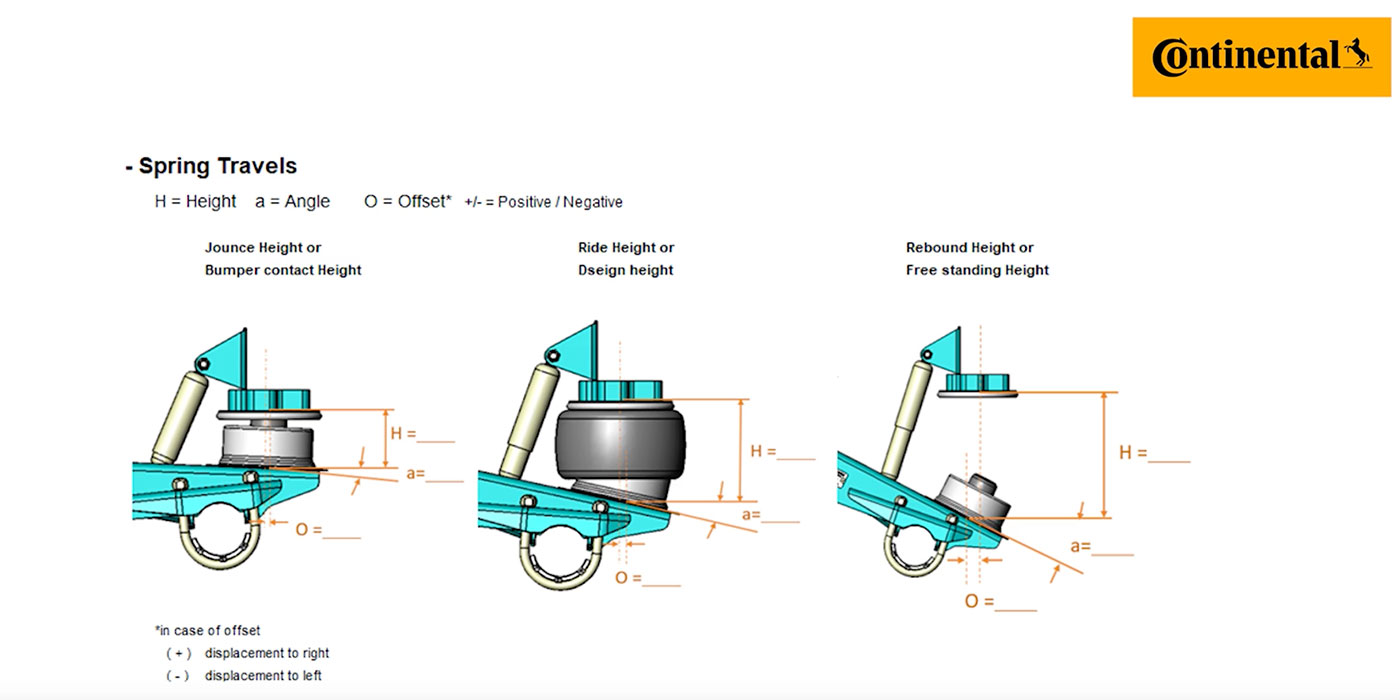Do you know the locations of all your trailers and what conditions they are in, at all times? The answer for most fleets is no, meaning millions of drivers and pieces of equipment across North America are not fully optimized. A semi-functional fleet is likely to lose money, business, and a competitive edge – something no fleet owner or manager wants.
As the world moves at an increasing pace toward digitization and automation, solutions to these challenges are at our fingertips. Advancements in smart trailer technologies are poised to address industry-wide challenges such as driver retention, rising costs, equipment breakdowns and growing customer demand for faster and more efficient fleets. It is up to us – fleets and suppliers of all sizes and across all sectors – to innovate, collaborate, and create smart solutions that deliver the highest value for our industry.
Smart technologies are already transforming the management of trailers, but we are far from widespread adoption. Currently, fleets using smart trailers are fed multiple lines of data from multiple components and multiple suppliers, resulting in a mountain of data that is difficult to manage. Put simply, trailers are becoming increasingly complicated when they need to remain as simple as possible to deliver a strong return on investment.
To make progress, fleets need to come together to voice their needs, recommend best practices, define a system that best suits their needs, and set standards for the future of smart trailers. This approach will help suppliers to get back to task to deliver what fleets really need – a single network that collects data from each sensor, regardless of supplier, and feeds it back to fleets with a simplistic and prescriptive narrative. Such progress will deliver bottom-line savings and increased profitability for fleets of all sizes.
Join me at the NACV Show in Atlanta, Oct. 28-31 to see the latest innovations in smart trailer technologies, and bring your voice to communicate your needs to suppliers.
Gerry Mead
Executive Director of Innovation, Phillips Industries
Gerry Mead is a respected and highly recognized industry leader with more than two decades of multi-faceted experiences in all sectors of the trucking industry. He has received several industry accolades including the International Service Diamond Club Award (2002), Fleet Maintenance Magazine Maintenance Scholarship (2012), HDT Magazine Fleet Heavy Duty Trucking Innovator of Year (2016), Tennessee Trucking Association Maintenance Professional of the Year (2017), and is recognized by Commercial Carrier Journal as a CCJ Innovator (2017).
This article was sponsored by the North American Commercial Vehicle Show (NACV Show). For more information, please visit our website at www.nacvshow.com









